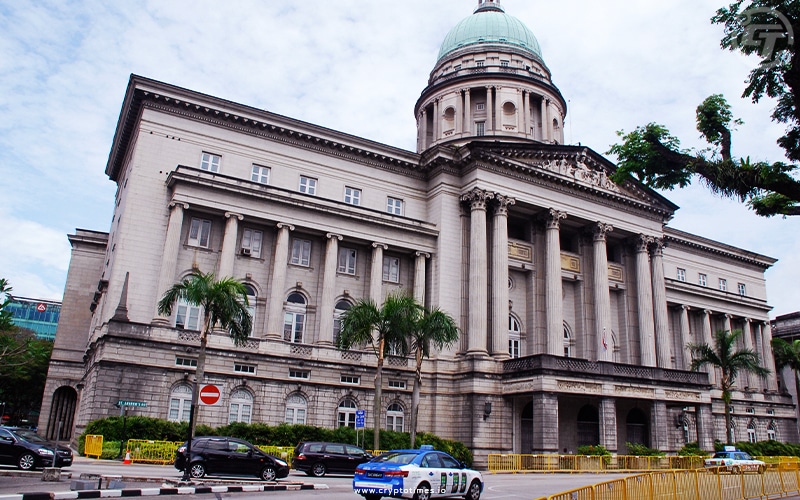On July 25, the High Court of Singapore made a landmark ruling declaring cryptocurrency as personal property, similar to fiat money.
This ruling came in a case involving a former employee, Ms. Ho Kai Xin, of a cryptocurrency exchange called ByBit. She was accused of transferring around 4.2 million USDT to her private accounts. As a result, the court ordered her to return the money to the exchange.
The significant aspect of this ruling is that the judge recognized cryptocurrencies as a form of property, even though they don’t physically exist like traditional assets. The judge explained that as long as people believe these things have value, they can be considered property.
Judge Philip Jeyaretnam used an analogy with rivers to explain, “We identify what is going on as a particular digital token, somewhat like how we give a name to a river even though the water contained within its banks is constantly changing.”
The judge firmly disagreed with the notion that cryptocurrencies lack “real” value, emphasizing that value is based on the collective belief of people. He categorized cryptocurrencies as “things in action,” making them a type of property enforceable by law without the need for physical possession.
In support of the ruling, the judge cited a consultation paper by the Monetary Authority of Singapore (MAS) proposing rules for digital payment tokens. If these tokens can be identified and separated, they can be held in trust in a legal context.
This ruling is of great significance as it officially acknowledges cryptocurrencies as property in Singapore, which could have significant implications for their treatment in legal matters.
Also Read: Singapore Court Approves Zipmex Restructuring Plan







